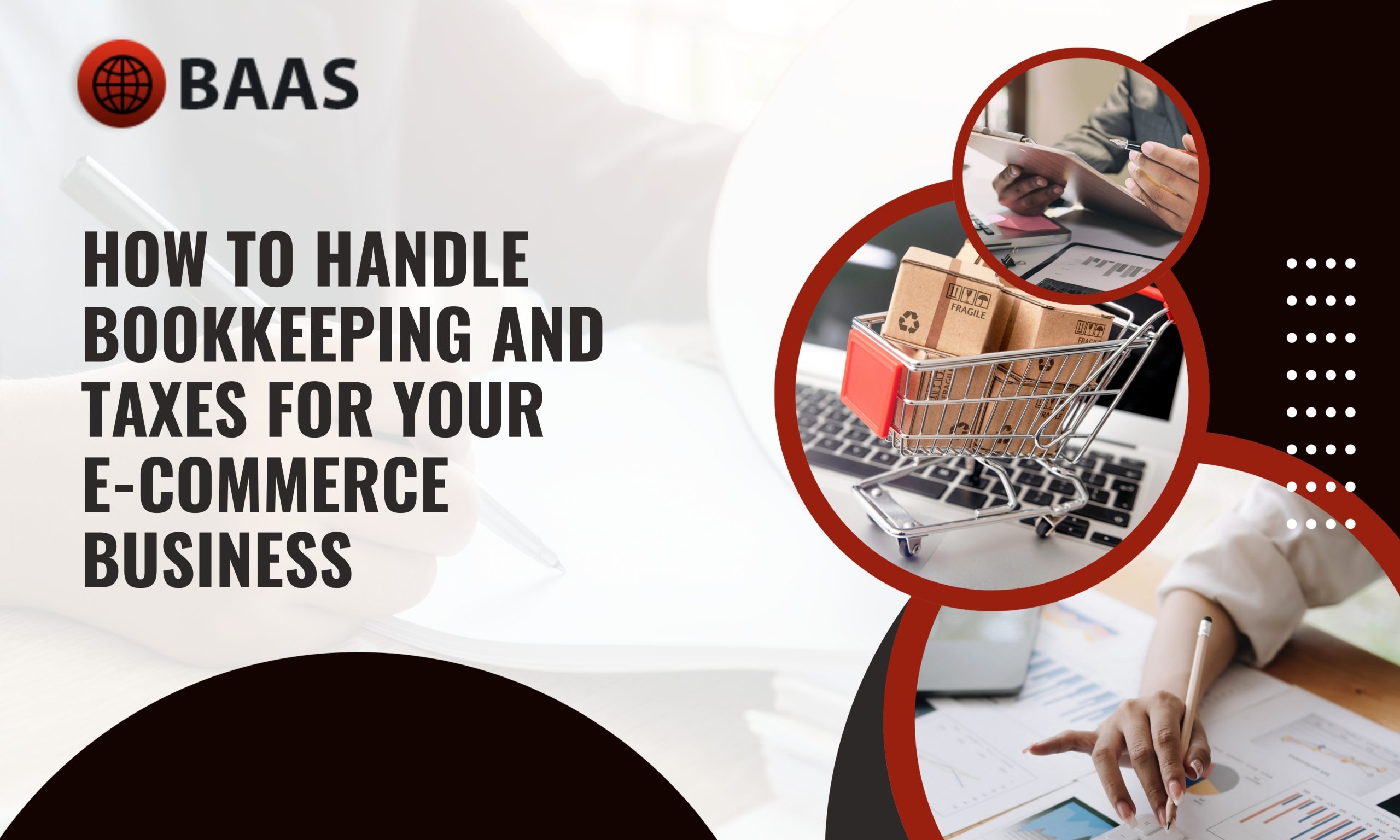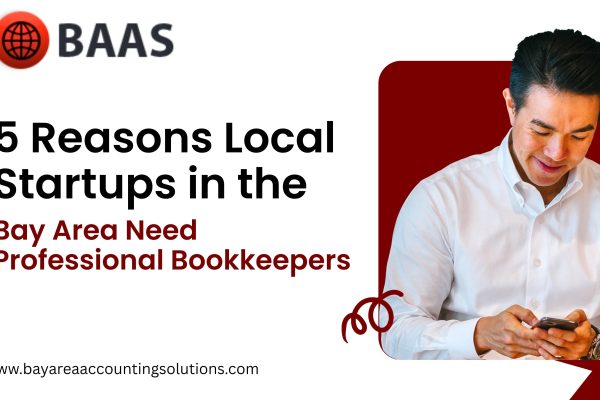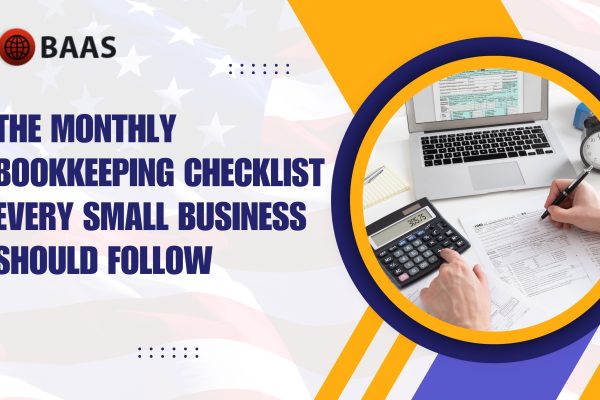How to Handle Bookkeeping and Taxes for Your E-Commerce Business (Shopify, Amazon, Etsy)
Running an e-commerce firm—whether selling on Shopify, Amazon, or Etsy—brings an assortment of accounting and tax challenges. A seller has to balance multiple marketplaces, substantial transaction volumes, and evolving compliance standards. Here’s how to manage it effectively, in the Bay Area Accounting Solutions fashion:
A Solid Foundation
• Precise bookkeeping forms the backbone of a company’s economic records. It involves tracking every credit and charge, methodically categorizing exchanges, and matching bank and platform figures routinely.
For online sellers, this signifies integrating sales numbers from Shopify, Amazon, and Etsy into the ledgers—breaking out revenue, reimbursements, transport and handling costs, fees, and more.
An organized accounting system permits generating Income Statements, General Ledgers, and Revenue Reports—essential tools throughout tax season and for tracking performance.
Choose Wisely
• Merchants can handle accounting internally using software like QuickBooks, Xero, or FreshBooks—or collaborate with experts. Bay Area Accounting Solutions offers complete bookkeeping assistance, where their group deals with reconciliations, reports, offers clarity and frees sellers to focus on expansion.
Outsourcing bookkeeping proves particularly useful for e-commerce businesses juggling multiple platforms and intricate transaction flows—it lessens managerial workload and cuts down on mistakes.
Anticipate Tax Obligations
• Taxes aren’t just an annual hassle—they’re an ongoing business function requiring foresight. Proactive tax planning throughout the year enables maximizing deductions, scheduling income and costs, assessing corporate structures, and taking advantage of credits. For example, timing sizeable expenses or choosing between LLC or S-Corp status could save thousands yearly, based on revenue and operations.
Stay Compliant with Sales Tax
• E-commerce businesses must navigate ever-changing sales and use tax rules that vary significantly between states and local jurisdictions. In California alone, complying with the intricate regulations can seem akin to solving a Rubik’s cube—ensuring adherence is crucial for any operation. Automated tools that generate detailed Sales Tax Summary reports can facilitate the filing process, maintaining precision. Tracking taxability for each individual product by destination and adjusting the frequency of remittances keeps businesses audit-ready and on the right side of the law.
Beyond Mere Accounting Compliance Unlocks Strategic Insight
• For savvy entrepreneurs, financial bookkeeping is about more than just fulfilling obligations—it offers a glimpse into core drivers of profit and loss. As the advisors at Bay Area Accounting Solutions emphasize, well-organized records transform accounting from a necessary chore into a luminous decision support system. Drilling down to analyze sales channels, product margins, or customer acquisition expenditures illuminates opportunities for optimization.
Bolster Audits with Backed Documentation
• Should the tax authorities or IRS ever come requesting substantiation, having financial representations in pristine condition supplies the perfect defense. Bay Area Accounting Solutions stands prepared to shield clients from unwarranted assessments, navigate IRS inquiries, and remedy prior tax issues—a security blanket for peace of mind.
In Summary, Bookkeeping Unlocks Growth
• For online merchants leveraging platforms like Shopify, Amazon or Etsy, diligent record-keeping and preemptive tax planning emerge not as conveniences but essential tools. A foundation of financial visibility through organized books allows entrepreneurs to claim every available deduction while avoiding liabilities, leaving them unfettered to focus on expanding their ventures. Let accounting undergird—rather than hinder—e-commerce success.
FAQs (Frequently Asked Questions)
1. What bookkeeping software integrates best with Shopify, Amazon, and Etsy?
• Popular cloud solutions like QuickBooks, Xero, and FreshBooks offer integrations or apps for e-commerce platforms. They help centralize revenue, fees, and expenses across sales channels for streamlined accounting.
2. How often should I reconcile my sales and banking accounts?
• Monthly reconciliation is recommended. It ensures accuracy in your Profit & Loss statements and keeps your books in tax-ready shape—especially important for fast-moving inventory and frequent transactions.
3. Can switching from an LLC to an S-Corp actually save me on taxes?
• Yes—electing S-Corp status can reduce self-employment tax by allowing the owner to take a salary plus distributions. The actual savings depend on your revenue and compensation structure; consult a tax advisor for specifics
4. How do sales taxes differ by state for e-commerce sellers?
• Each U.S. state—and often each locality—has distinct tax rules. Sales tax nexus, product taxability, and remittance schedules vary, so using software or expert support helps ensure you stay compliant
5. What reports should I prepare for my accountant at tax time?
• At minimum, provide these: Profit & Loss report (to show income vs. expenses), General Ledger (full transaction history), and Sales Tax Summary (sales and tax collected). These reports ensure precise filings and maximize deductions





